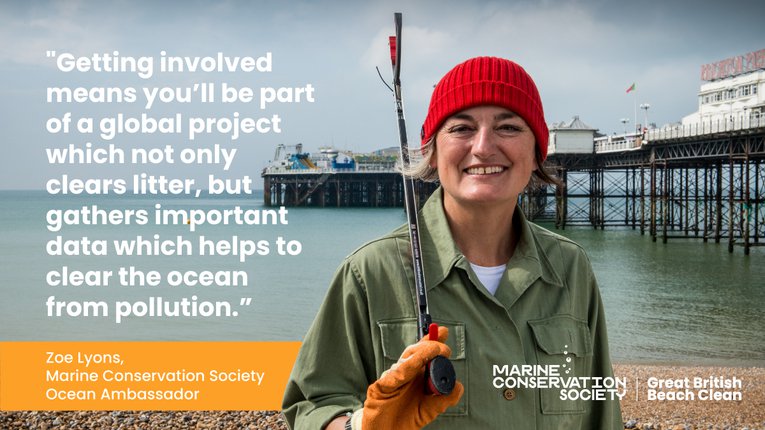
Great British Beach Clean 2021: Wales
The results from our Great British Beach Clean in September 2021 show that although beach litter is going down, more cigarette stubs are being found on Welsh beaches than ever before.

Credit: Aled Llywelyn
What did the Welsh results show?
Throughout the week, a dedicated team of 506 volunteers cleared and surveyed 3,765 metres of Welsh beach. They filled 130 bags with litter, weighing 191kg. Here's what they found:
- An average of 414 litter items were recorded per 100 metres of beach, showing a steady drop over the last five years.
- Plastic and polystyrene accounted for 82% of all beach litter, with an average of 120 pieces per 100 metres.
- Volunteers found a significant rise in cigarette butts this year, with 64 per average 100 metres, compared to 56 in 2018, 33 in 2019 and just nine in 2020.


Beach litter data helps us campaign for change
It’s encouraging to see that the average litter recorded per 100 metres has continued to drop year on year across Wales. Carrier bag charges and bans across the UK have likely had a big impact on this figure, providing a blueprint for similar legislation for other avoidable single-use plastic products.

More work needs to be done
Angie Contestabile, Wales Public Affairs Manager at the Marine Conservation Society: “The Welsh Government’s current piecemeal approach to single-use plastics policy just won’t cut it anymore.
How you can help
You don't have to wait until the Great British Beach Clean to help keep our beaches beautiful and our oceans safe for wildlife.
Beachwatch volunteers can take part in beach cleans throughout the year – either by signing up to an organised event or by organising your own event.
And if you don't live near the sea, no problem! That's where our our Source to Sea: Litter Quest comes in. Most litter that ends up on our beaches or in the sea starts its journey in villages, towns and cities miles from the coast.
All of the data you collect on the beach, on your street or in a local park helps us campaign for change, which means that your school can help turn the tide on ocean pollution.




